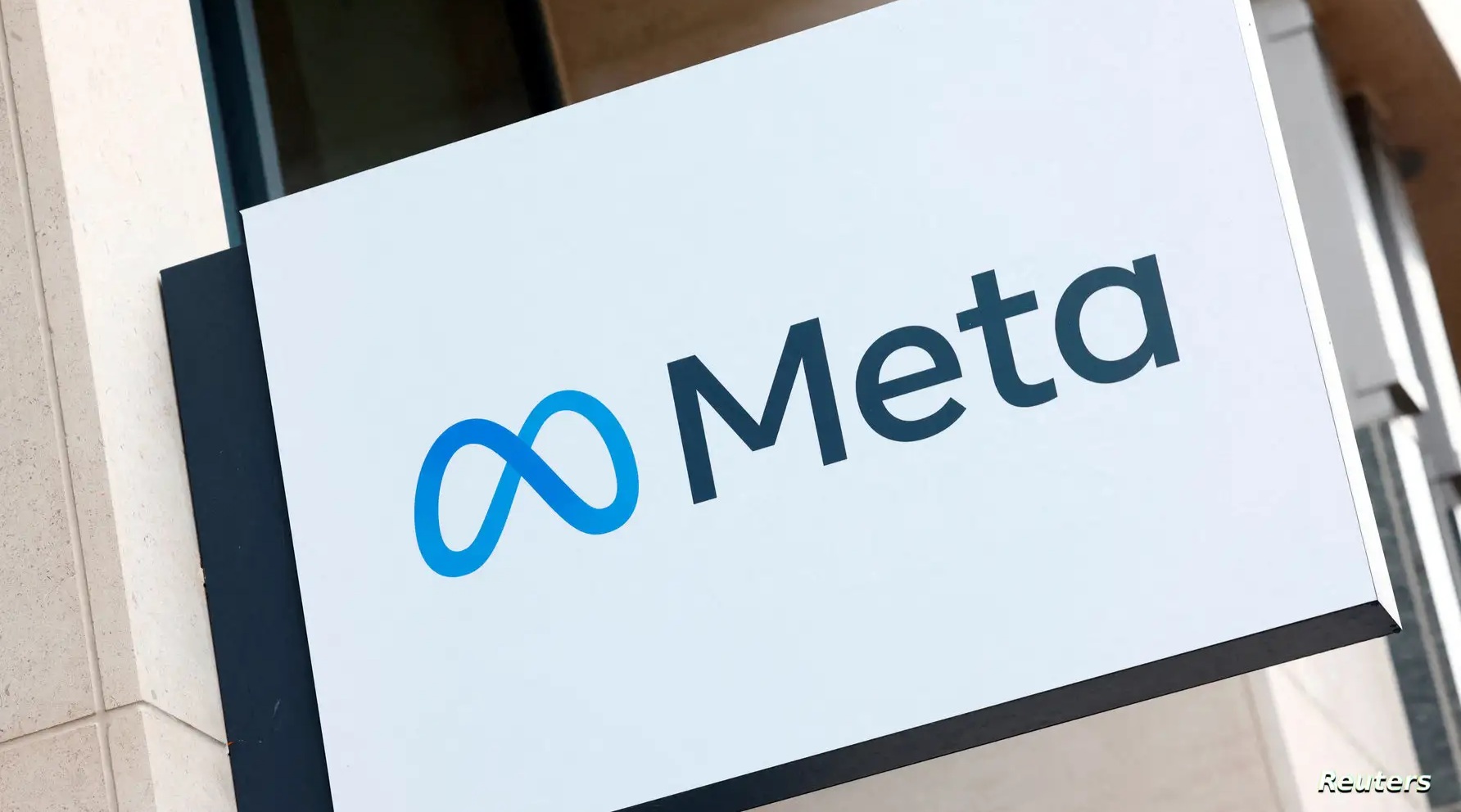


News Agencies
Meta Platforms announced on Tuesday, July 2nd, 2024, that it will lift its blanket ban on the Arabic word "shahid," meaning "martyr," after a year-long review by its oversight board found the social media giant's approach to be "overly broad."
Meta has faced criticism for years over its handling of content related to the Middle East. A 2021 study commissioned by Meta itself found that its approach had a "negative impact on human rights" for Palestinians and other Arabic-speaking users of its services.
The review found that Meta's (the parent company of Facebook and Instagram) rules regarding the word "shahid" failed to consider the word's diverse meanings and led to the removal of content that was not intended to glorify violence.
Meta acknowledged the review's findings on Tuesday, stating in an announcement that the term "shahid" is used in various ways by numerous communities across cultures, religions, and languages.
The company admitted that its approach sometimes led to the removal of content that was never intended to support terrorism or glorify violence.
The oversight board welcomed the change, stating that Meta's policy regarding the word had resulted in censorship for millions of people across its platforms.
In March, the oversight board at Meta called for the end of the blanket ban on the Arabic word "shahid" after a year-long review concluded that the company's approach was "overly broad" and unnecessarily silenced millions of users.
The board stated that the social media giant should only remove posts containing the word "shahid" when they are associated with clear signs of violence or if they violate other Meta rules. rights groups have accused Meta of suppressing content supportive of Palestinians on Facebook and Instagram in the wake of the war that claimed the lives of tens of thousands in Gaza following Hamas's attack on Israel on October 7th.